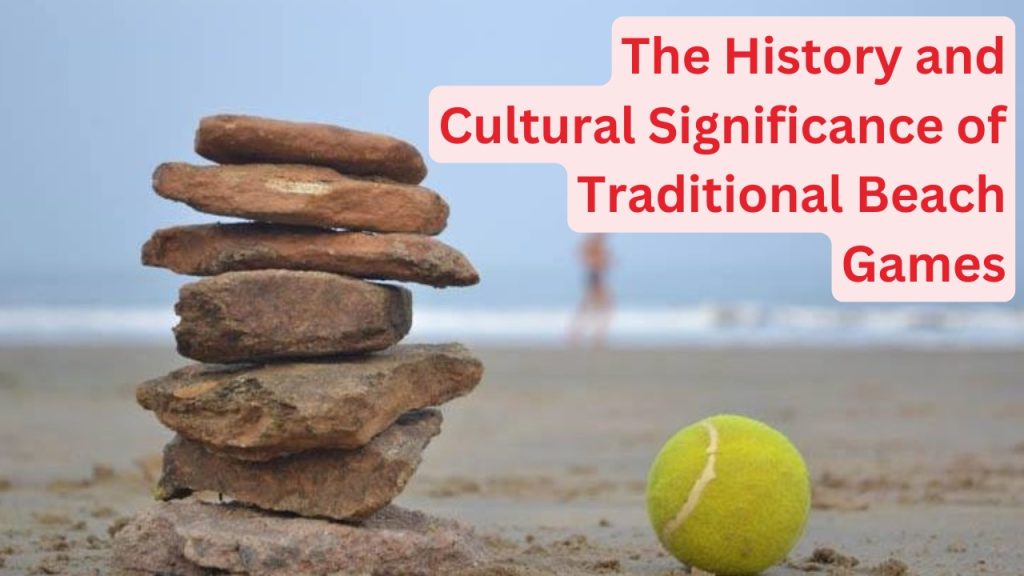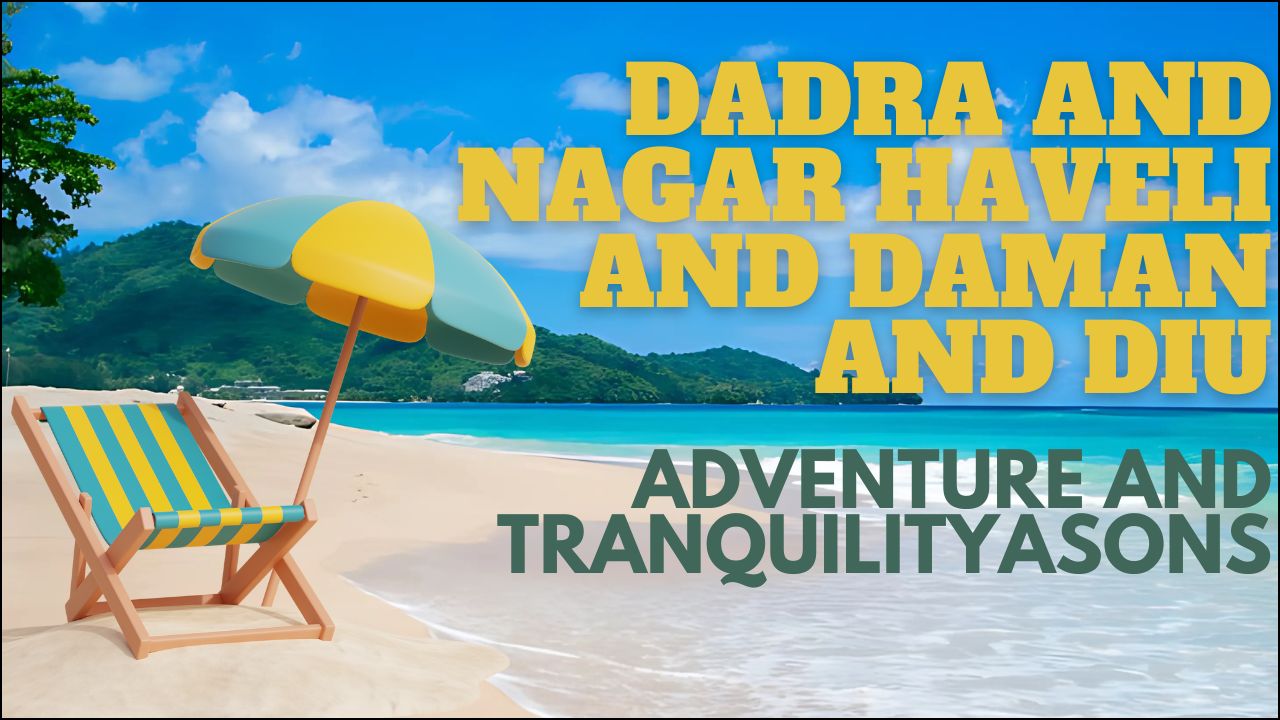
Beaches have long been places of relaxation, fun, and social interaction. Throughout history, different cultures have developed unique beach games that not only provide entertainment but also hold deep cultural and historical significance. These games reflect the traditions, lifestyles, and values of various coastal communities across the world.
Ancient Beach Games
Beach games have been around for centuries, with many tracing their origins to ancient civilizations. In Ancient Greece, for example, athletes trained on sandy shores to improve their endurance and agility. Running races on the beach were common, and some of these evolved into organized events in the early Olympic Games.
Similarly, in Polynesia, early forms of surfing were practiced as both a sport and a spiritual activity. Polynesians viewed surfing as a way to connect with nature and the ocean gods. Warriors used it to demonstrate strength and courage, while chiefs and noblemen enjoyed it as a recreational activity.
Traditional Beach Games Across Cultures
1. Matkot (Israel)
Matkot, often referred to as “Israeli paddleball,” is a popular beach game in Israel. It involves two players using wooden paddles to hit a rubber ball back and forth without letting it touch the ground. This game has been played for generations and is enjoyed by people of all ages.
2. Frescobol (Brazil)
Similar to Matkot, Frescobol originated in Brazil. This beach paddle game was developed in the 1940s on the famous Copacabana Beach in Rio de Janeiro. Unlike traditional racket sports, the goal of Frescobol is not to defeat the opponent but to maintain a long rally.
3. Sepak Takraw (Southeast Asia)
Sepak Takraw is a Southeast Asian sport that combines elements of soccer and volleyball. It is played on beaches and streets using a rattan ball, with players using their feet, head, knees, and chest to hit the ball over a net.
4. Peteca (Brazil)
Peteca is another traditional Brazilian beach game that dates back to Indigenous tribes. Players use their hands to hit a shuttlecock-like object back and forth, similar to badminton but without rackets.
5. Kabaddi (India and South Asia)
Kabaddi, though traditionally played on soil, is also popular on beaches in India, Sri Lanka, and Bangladesh. This team-based game involves players attempting to tag opponents while holding their breath and chanting “kabaddi.”
6. Bossaball (Spain and Latin America)
Bossaball is a relatively modern beach game that originated in Spain but is popular in Latin America. It combines volleyball, soccer, and trampolining on an inflatable court set up on the sand.
Cultural and Social Importance of Beach Games
Community Bonding
Beach games are more than just pastimes; they bring communities together. Many coastal societies have long used beach games as a way to celebrate festivals, social gatherings, and even religious rituals.
Health and Fitness
Beach games encourage physical activity in a fun and engaging way. The sandy surface adds an extra challenge, improving endurance, balance, and muscle strength.
Preservation of Tradition
Many traditional beach games are deeply rooted in cultural heritage. By continuing to play these games, communities preserve their history and pass down traditions to future generations.
Tourism and Economy
Beach games also contribute to local economies through tourism. In places like Brazil, Thailand, and Spain, tournaments and festivals featuring traditional beach games draw large crowds, benefiting local businesses and the hospitality industry.
Modern Adaptations and Global Influence
While traditional beach games have retained their cultural essence, many have evolved into modern sports. International tournaments, new equipment, and media coverage have introduced these games to global audiences. For instance, surfing, once a sacred Polynesian practice, is now an Olympic sport. Similarly, Sepak Takraw has gained popularity outside Southeast Asia, with teams from Europe and North America participating in international competitions.
Even recreational games like Matkot and Frescobol have found their way to beaches worldwide, enjoyed by tourists and locals alike. The rise of social media has further promoted these games, making them accessible to a global audience.
Challenges in Preserving Traditional Beach Games
Despite their rich history and cultural value, some traditional beach games face challenges. Urbanization, commercialization of beaches, and environmental concerns threaten the spaces where these games are played. Additionally, modern entertainment options like video games and digital media have shifted interest away from traditional outdoor activities.
Efforts to preserve these games include organizing cultural festivals, educational programs, and local initiatives to maintain public beach access. Many communities are working to document the history of these games and encourage younger generations to participate.
End Notes
Traditional beach games are more than just recreational activities; they are windows into the history, culture, and values of different societies. From ancient rituals to modern tournaments, these games have evolved while preserving their cultural significance. They foster social connections, promote healthy lifestyles, and keep traditions alive for future generations.



